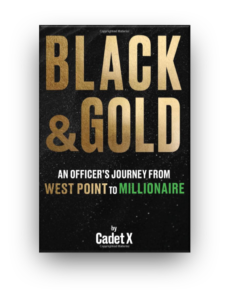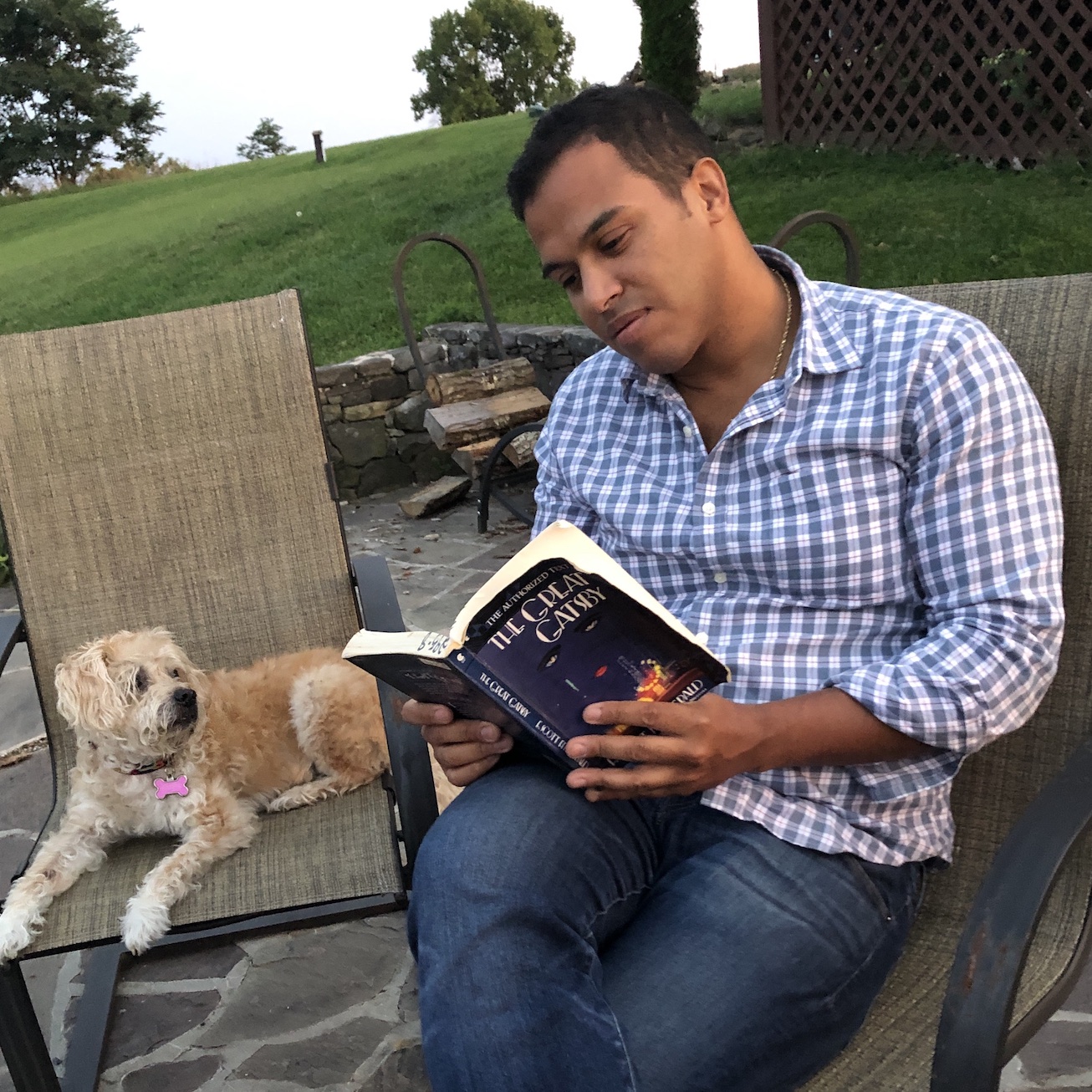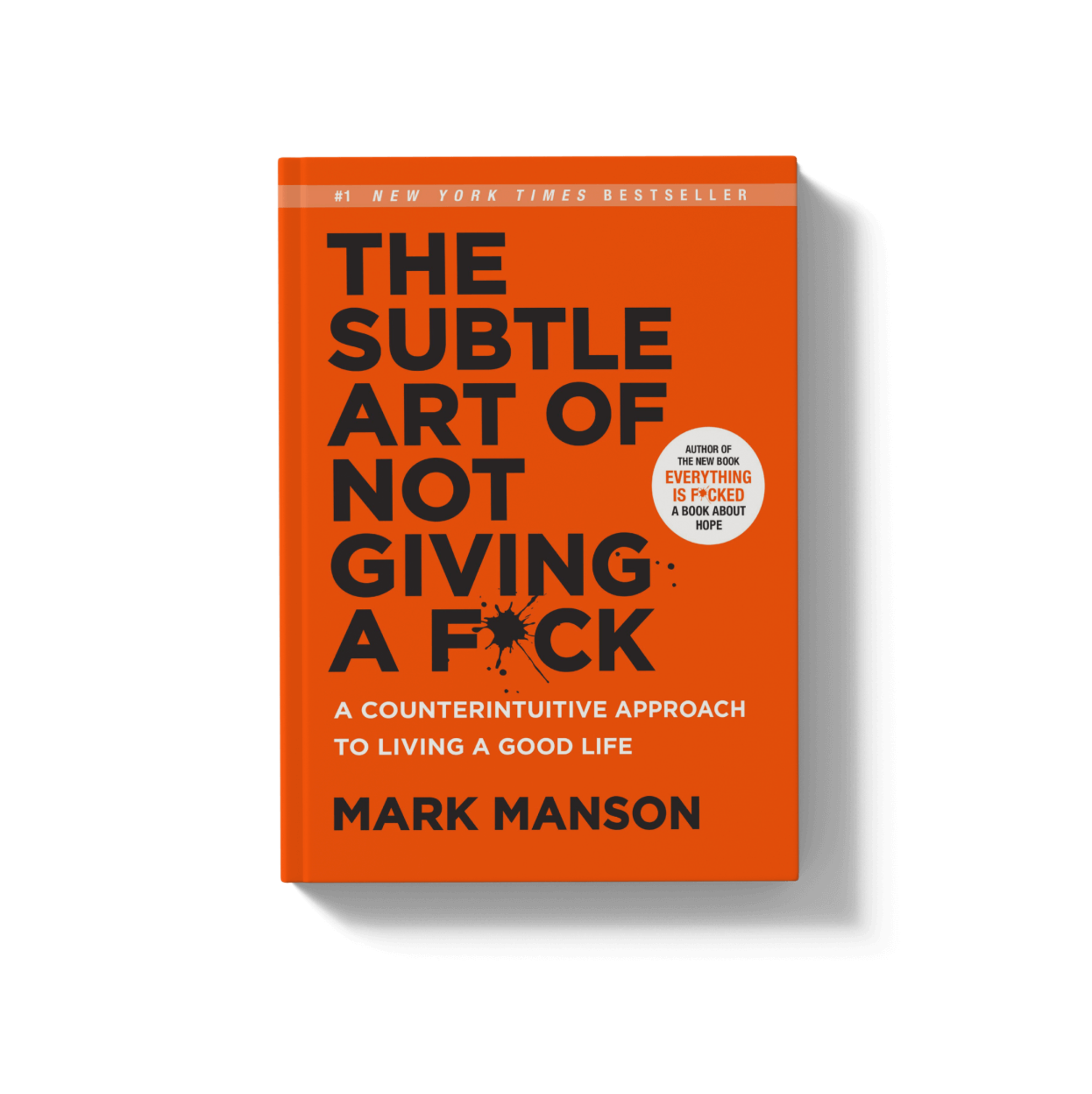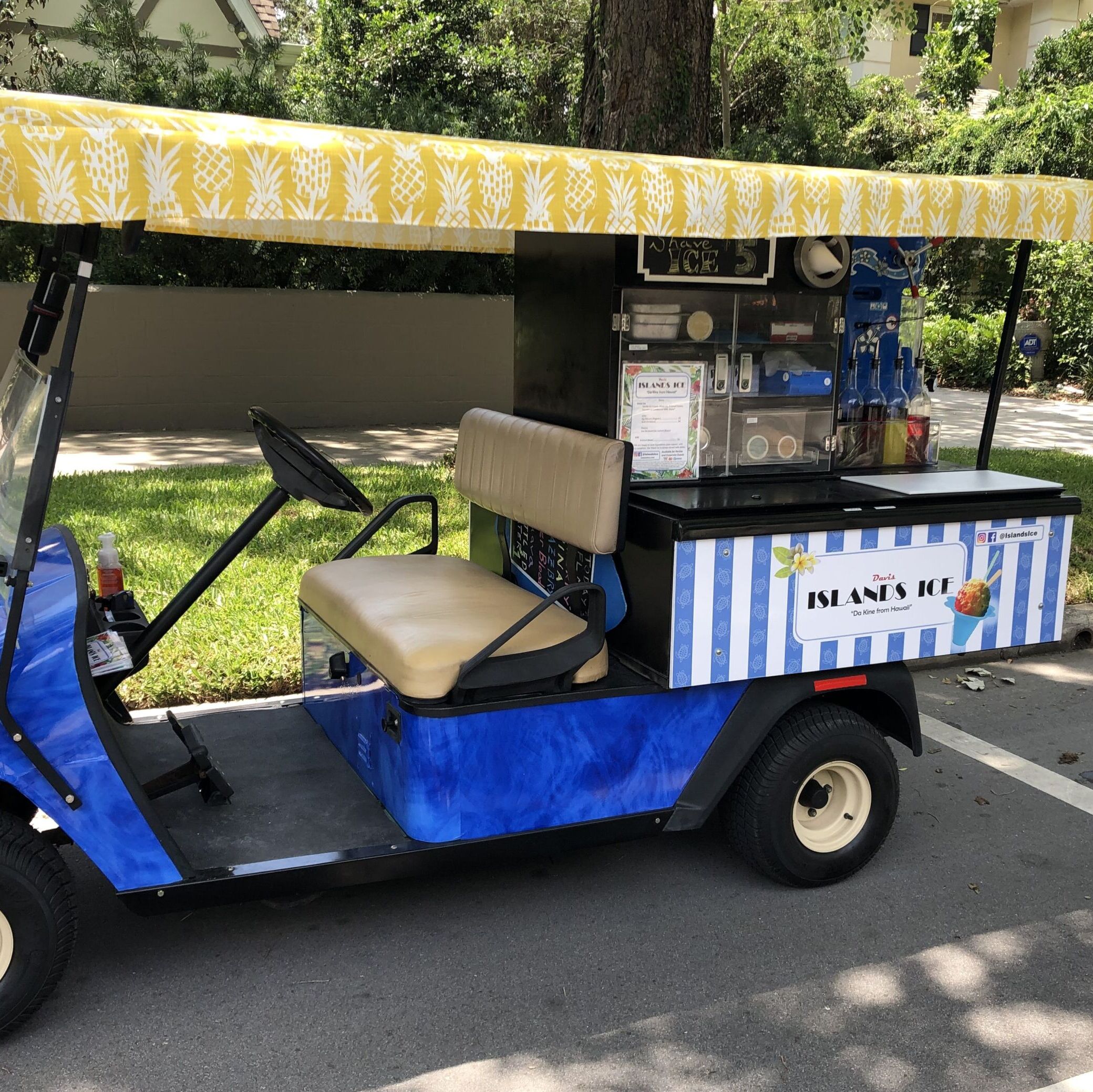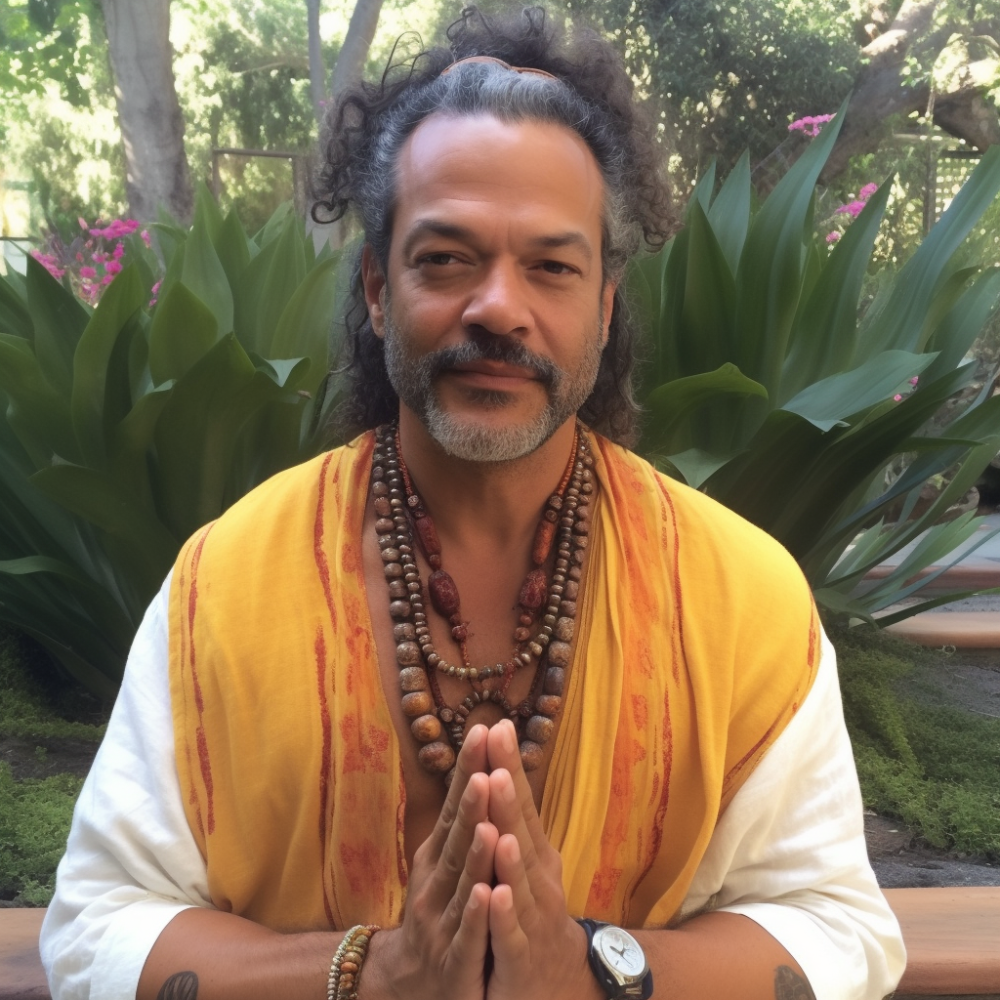Trusting Your Intuition: The Silent Power of Our Subconscious Mind
Trusting Your Intuition: The Silent Power of Our Subconscious Mind
Dr. Robert Solano
Throughout my career and more recently as I’ve begun my journey as an executive leadership coach, I’ve had the privilege of helping countless individuals navigate the complexities of their professional lives. Time and time again, I find myself returning to the same fundamental truth: we are all creative, resourceful, and whole spiritual beings. Our intuition, that mysterious, ever-present inner voice, can serve as a powerful ally in our decision-making process. It’s time we stop sidelining our gut feelings and embrace the wisdom they have to offer.
In school and large organizations, we are often taught complex analytical decision-making processes designed to help us navigate challenging situations. For instance, we learn about frameworks like the Risk Issues and Opportunities (RIO) model, SWOT analysis, and in the military, the Military Decision Making Process (MDMP). These methods provide structured approaches to problem-solving and are invaluable tools in many circumstances.
However, we can sometimes fall into the trap of believing that every decision we face can be resolved using these analytical processes. The reality is that there are situations where these frameworks may require more time than we have to make a decision or could lead to decision paralysis. In these cases, overthinking and overanalyzing can stifle our ability to act swiftly and decisively.

Overthinking and overanalyzing can stifle our ability to act swiftly and decisively, sometimes leading to decision paralysis.
In the worst-case scenarios, relying solely on analytical decision-making processes can even result in poor choices, especially if they fail to account for subtle cues or the true complexity of a situation. By exclusively focusing on data and structured methods, we might inadvertently overlook essential information that our intuition could pick up on.
That’s why it’s crucial to strike a balance between analytical and intuitive decision-making. While structured processes have their place, we must also recognize when it’s time to listen to our gut feelings and trust our instincts. In doing so, we can make more well-rounded, effective decisions in various aspects of our lives.
At first glance, intuition may seem like an unreliable, unscientific approach to decision-making. After all, we live in a world that reveres logic, facts, and analysis. But in reality, our intuition is a powerful tool that allows us to tap into the wealth of knowledge stored in our subconscious minds, making rapid-fire judgments in situations where we lack the time or information to engage in a more methodical thought process.

Our intuition, that mysterious, ever-present inner voice, can serve as a powerful ally in our decision-making process.
In some professions, intuition is critically important and can even be a matter of life and death. For instance, a firefighter entering a burning blaze may rely on their intuition or gut feeling to sense that a floor is about to give way or a roof is about to cave in. Similarly, a soldier patrolling a dangerous street in a combat zone may depend on their intuition to detect when an attack is imminent. This intuition isn’t a magical gift; it’s developed over years of training and experience, during which individuals internalize subtle cues and patterns that help them make split-second decisions in high-pressure situations. By honing their intuitive skills, these professionals can respond more effectively to unforeseen challenges and, ultimately, save lives.
Although most managers are not faced with life-or-death situations, they can similarly benefit from honing their intuition. Take, for example, the hiring process. As a leader, I’ve interviewed countless candidates, meticulously reviewing their resumes and listening to their answers during interviews. On the surface, everything may look promising, but sometimes a nagging feeling creeps in, warning me that something isn’t quite right.
I’ll be the first to admit that I haven’t always heeded these subtle red flags. In my earlier years as a leader, I often brushed aside my intuition in favor of a candidate’s polished resume and impressive interview performance. More often than not, I found myself regretting those decisions when the new hire didn’t live up to expectations.
It took some time, but eventually, I learned to trust my gut instincts when interviewing candidates. Instead of dismissing my intuition as baseless or irrelevant, I began to see it as a valuable piece of the puzzle, one that could help me make more informed decisions.

In some professions, like the military, intuition can be a matter of life and death. Although most managers are not faced with life-or-death situations, they can similarly benefit from honing their intuition.
As another example, during my time managing recruitment for my wife’s law firm, Solano Immigration Law Firm, I experienced firsthand the importance of incorporating intuition into the decision-making process. Initially, when screening resumes, I would spend five minutes or more meticulously examining each resume before deciding whether to interview a candidate. However, over time, when faced with hundreds of resumes for each position, I realized the need to adjust my approach and embrace my intuition.
Nowadays, I spend about 15 seconds scanning a resume, quickly identifying key words and experiences that stand out to me. With the help of my intuition, I can make a swift decision on whether to proceed with the applicant. And instead of diving straight into a full interview, I schedule a brief, five-minute phone call with the candidate. During these short conversations, I trust my intuition to guide me in screening out candidates who wouldn’t be a good fit for the team.
By incorporating intuition into the recruitment process, I’ve not only streamlined my workflow but also improved the quality of the candidates who progress to the interview stage. In doing so, I’ve discovered the power of intuition as a valuable tool in making efficient and effective decisions.
The same principle applies beyond the realm of the professional world. Whether you’re navigating personal relationships, making financial decisions, or simply trying to decide what to have for dinner, your intuition can be a powerful ally in helping you make choices that align with your core values and desires. For example, in my book Black & Gold: An Officer’s Journey from West Point to Millionaire, I discuss how I used intuition to decide whether or not to buy investment properties.
There’s a particular example from my personal life that illustrates the importance of trusting our intuition. Looking back, I realize that my intuition may have been trying to warn me about a major decision I made years ago – marrying my first wife. At the time, I was blinded by love and eager to embark on a new chapter in my life, but frequently wonder if there were subtle signs that my gut was trying to communicate with me.
As we dated, I occasionally felt like there may have been signs that we were rushing into marriage before we were ready. But I dismissed those feelings, attributing them to nerves or cold feet. After all, it’s normal to feel anxious before making such a significant commitment, right? I convinced myself that everything would work out, and we tied the knot.
As it turned out, our marriage wasn’t meant to be. While I don’t regret the experience – it taught me valuable lessons and shaped me into the person I am today – I can’t help but wonder how things might have been different if I had paid more attention to my gut feelings.
I believe that everything happens for a reason though, and I know that my first marriage and divorce had to happen for me to meet my current wife, Zaira. My divorce is also a strong motivator for me to be a better husband and was one of the reasons why I wrote Alpha Couples: Build a Powerful Marriage Like a Boss.
This experience was a powerful reminder that our intuition is not something to be brushed aside or ignored. Rather, it’s a gift, a silent partner that can guide us through the twists and turns of life.
In our fast-paced, information-driven society, it’s easy to feel overwhelmed by the pressure to make the “right” decision based on cold, hard facts. But it’s important to remember that we are more than just our analytical minds; we are complex, intuitive, and spiritual beings with access to universal intelligence and a wealth of subconscious knowledge. By embracing our intuition and allowing it to coexist with our conscious decision-making processes, we open ourselves up to a world of possibilities and a deeper understanding of ourselves and those around us.
So the next time you find yourself faced with a difficult decision, I invite you to pause and listen to that quiet voice within. It might just have something valuable to say.
-The End-
—stories, insights, and perspectives from my journey.
Ready to Explore Plant Medicines?
DON’T START YOUR JOURNEY WITHOUT THIS GUIDE
Download the free Psychedelic Transformation Framework™ Guide and discover the proven framework that ensures safe, breakthrough experiences for leaders who are ready to discover their awakened self.
